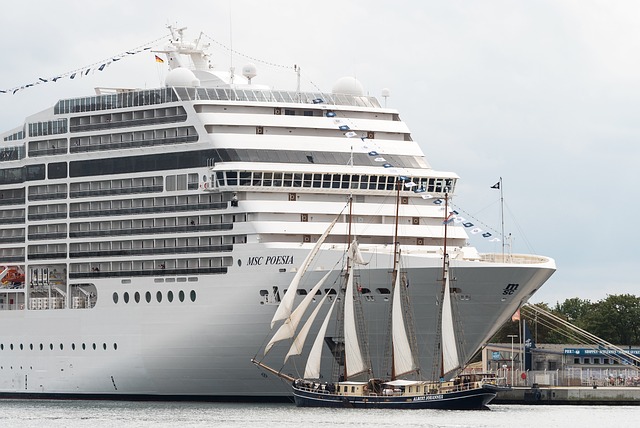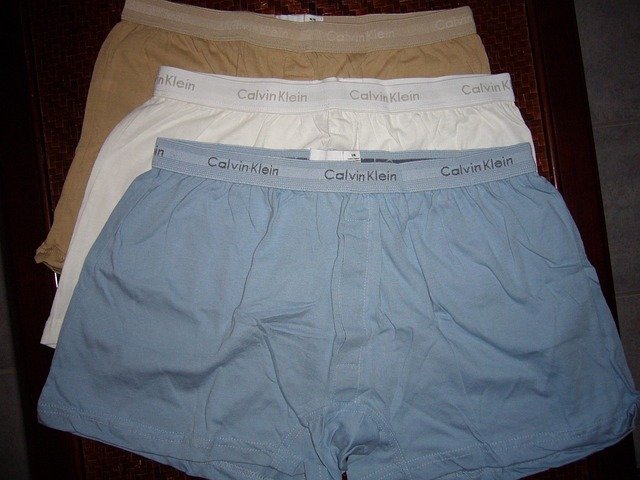Last‑Minute UK Cruises for Seniors: Budget‑Friendly Ocean & River Options
Seniors in the United Kingdom who can be flexible with their dates often secure significant savings on last‑minute cruise departures. This guide outlines what to expect, where to sail, and how to balance value, accessibility and sustainability. You’ll find which routes match different mobility and comfort needs, which perks to prioritise, and practical search and safety tips for 2025.

Why consider last‑minute cruises for seniors
If you can adapt travel dates and departure ports, last‑minute cruise departures can offer excellent value. Cruise lines frequently cut fares or bundle extras as departure approaches to fill cabins. For seniors, this can mean access to upgraded cabins, included excursions or onboard credit without the need for long-term planning. The downside is that cabin availability is unpredictable, so quick decisions and flexibility are essential.
Where seniors from the United Kingdom can go
Commonly available sailings for UK‑based travellers include short ocean trips and extended river itineraries:
- Mediterranean ocean sailings — Favoured for mild climates, culturally rich ports and a wide range of shore excursions.
- Norwegian fjords — Dramatic coastal voyages with accessible shore visits and striking scenery.
- Danube and major French rivers — Traditional river routes visiting historic towns and vineyards, ideal for calm‑water travel.
- Further‑afield river options — Longer routes such as the Mekong or the Mississippi are possible for those prepared to arrange extended international transfers to embarkation points.
Be ready to accept different departure ports and brief booking windows to secure the best last‑minute prices.
River cruises versus ocean cruises: which is best for seniors?
River and ocean cruises cater to different priorities:
- River cruises
- Smaller vessels (often around 100–200 passengers) that offer calm waters and frequent docking in town centres.
- Regular guided shore excursions and a more intimate onboard atmosphere, suitable for mobility‑conscious seniors and those who prefer steady, scenic travel.
- Many river journeys are presented as all‑inclusive, simplifying budgeting.
- Ocean cruises
- Larger ships with extensive onboard amenities (theatres, wellness centres, varied dining and recreation).
- Wider itineraries and longer sea passages for those who enjoy shipboard entertainment.
- More options for multigenerational travel when families of different ages travel together.
Your choice should reflect tolerance for sea conditions, appetite for onboard activities, and how important frequent shore access is to you.
Senior‑friendly services and what to look for
When evaluating cruise lines and ships, focus on these accessibility and service features:
- Accessible staterooms, grab bars and step‑free movement within the ship.
- Onboard medical services or confirmed access to local healthcare at ports of call.
- Concierge or guest services that assist with mobility, dining reservations and excursion arrangements.
- Smaller group excursions and options for private or customised shore experiences.
Some operators are commonly recommended for seniors because of their accessibility and inclusive shore programmes; always check individual itineraries and confirm medical and mobility support before booking.
Perks to prioritise on last‑minute offers
Lines often bundle extras to sell remaining cabins. When comparing last‑minute deals, consider:
- Inclusive or partly inclusive excursions that lower on‑shore planning and cost uncertainty.
- Onboard credit or pre‑paid allowances that cover incidental expenses.
- Meal and drink packages included in the fare to manage daily spending.
- Transfers from nearby major airports or added pre/post‑cruise nights to simplify logistics.
Evaluate the value of included services rather than just the headline price—bundled benefits can make a similar fare much better value.
Eco‑friendly choices and lower‑impact sailing
Sustainability has become more visible across the cruise sector in 2025. Keep these eco factors in mind:
- River cruises generally have a smaller fuel footprint per passenger than large ocean liners due to ship size and shorter distances.
- Seek ships or itineraries promoting advanced wastewater treatment, energy‑efficiency measures and shore power capability.
- Opt for low‑impact shore excursions (walking or cycling tours) and operators that prioritise locally sourced food to reduce supply‑chain emissions.
- Choose itineraries that include environmental education or community support, which can improve the travel experience while lowering negative impacts.
Bear in mind that sustainability claims differ; verify independent credentials where possible.
When to search and best travel windows
- Last‑minute windows: Many discounts appear in the weeks leading up to departure. Regular monitoring of reputable booking channels increases your chances of finding a good fare.
- Shoulder seasons: In Europe, spring and autumn typically offer fewer crowds and milder weather—ideal times for river cruising and Mediterranean ocean sailings.
- Region‑specific seasons: For tropical or long‑haul rivers (e.g., Southeast Asia), follow regional guidance to avoid monsoon or extreme heat.
Being flexible about dates and departure ports is the most effective strategy for securing last‑minute value.
How to find and compare last‑minute deals
Combine different sources for a full picture:
- Specialist cruise agents — They can consolidate offers, confirm cabin accessibility and advise on included perks.
- Reputable travel websites and cruise aggregators — Use flexible‑date searches and set alerts for particular routes.
- Cruise lines’ official channels and apps — Some last‑minute inventory is released directly and may include extra onboard credits to encourage quick bookings.
When comparing offers, check full inclusions (excursions, drinks, transfers), cabin categories and cancellation/change terms. Reading recent guest reviews helps gauge service levels and accessibility.
Practical preparations and safety for seniors
Before you travel, resolve these practicalities:
- Check passport validity and any visa requirements for ports on your itinerary.
- Obtain travel insurance that covers last‑minute bookings and relevant pre‑existing conditions.
- Confirm onboard medical facilities and emergency procedures.
- Plan medication carefully—bring sufficient supplies, prescriptions, and a list of medications and medical contacts.
Use ship concierge services when onboard if you need help with mobility, dining or excursions.
Money‑saving tactics and packing tips
To maximise last‑minute value:
- Choose fares that bundle core needs (meals, primary excursions, basic drinks) to avoid multiple small onboard costs.
- Forgo add‑ons you won’t use (premium spa treatments, specialty dining) and spend on the experiences you care about.
- Pack practical items: comfortable walking shoes, layered clothing, medications, travel documents, power adapters and a small day bag.
- Consider standard cabins for better value on last‑minute fares; modest upgrades may be possible without major price increases when booking late.
Final considerations and a simple decision checklist
Before you commit to a last‑minute cruise, verify:
- Accessibility and medical support meet your needs.
- Which services and excursions are included.
- Cancellation/change policies and travel insurance details.
- Transfer logistics from the United Kingdom to the departure port, if required.
With these checks in place, last‑minute cruises can be a flexible, affordable option for seniors to explore ocean and river destinations while accessing senior‑friendly services and more eco‑aware itineraries.
Prices, financing options, and availability vary by region, dealer, and current promotions. Always verify current information with local dealers.Offers and incentives are subject to change and may vary by location. Terms and conditions apply.
Sources
- https://www.cruisecritic.co.uk/articles/13-tips-for-finding-cheap-cruise-deals
- https://about2cruise.co.uk/river-cruises/




